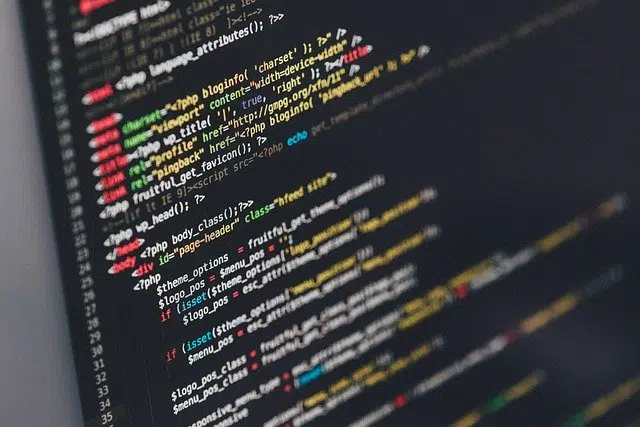
A parameter is data that contributes to the evaluation of a situation.
A parameter is known as the data that is considered essential and indicative in order to evaluate or assess a certain situation. From a parameter, a certain circumstance can be understood or placed in perspective.
To give some concrete examples: “If we base ourselves on the usual parameters, it will be impossible to understand this situation,” “The patient is evolving according to the expected parameters,” “We are investigating but there are no parameters that allow us to establish a relationship with the patient.” previous case” , “The team's performance in the local tournament is the best parameter to make a forecast about its participation in the world championship” .
The parameter in mathematics and statistics
For the field of mathematics , the parameters consist of variables that allow each unit to be recognized, within a set of elements, by means of its corresponding numerical value.
A statistical parameter is one formed by a function established on the numerical values of a community . It is, therefore, a representative figure that allows a real plane to be modeled.
The usefulness of statistical parameters is found in the difficulty of manipulating a large number of individual data from the same society. This type of parameters allows us to obtain a general overview of the population and carry out comparisons and predictions .
The concept in programming
In computing , more precisely in programming, a parameter represents data that is offered to a function for a specific purpose. For example, a routine that aims to return the highest number in a list will wait for us to pass it said set of values as a parameter to perform its task.
In some languages, it is possible to specify that certain parameters are optional, and assign them a default value in case the programmer chooses not to pass them. In graphics programming, for example, it is usually common for functions or methods that manage issues related to color to have a parameter for transparency that is not mandatory to specify, since the images in a multimedia application are commonly opaque.

The notion of parameter is very important in programming.
This mainly affects practicality when programming, since there are functions that expect 10 parameters, 6 of which are optional, and being forced to fill in those spaces with null or false values every time you want to do without them represents a waste of time.
Database and parameters
The parameterization of a database, on the other hand, is the organization and standardization of the information that is entered into a system . In this way, it is possible to carry out different types of queries and obtain reliable results.
Parameterizable design is usually the best option when developing any type of computer application, database, web page, etc., since it consists of a flexible creation that can be modified without having to be rewritten . The degree of parameterization can vary depending on several factors, the most important being the capabilities of the development environment used and the creativity of the programmers.
In the first case, limitations come in, such as tasks that a certain language or engine is not capable of performing at runtime or even compilation. An example is a video game development kit that is unable to change the resolution once running, forcing the developer to specify that value only once before starting the program .
If a programmer has a vision detached from convention, as long as he has the appropriate knowledge and means, he can come up with extremely flexible and adaptable designs. For example, an ideal parameterizable program would be able to adjust all its elements to any aspect of the screen, adapt to a specified framerate (number of frames per second) without altering the speed of the animations, and even dynamically load code that serves to alter its operation once compiled.
